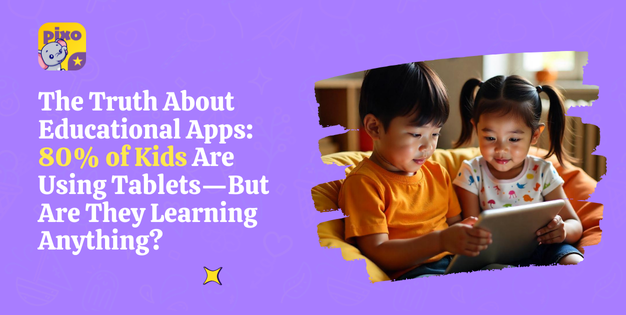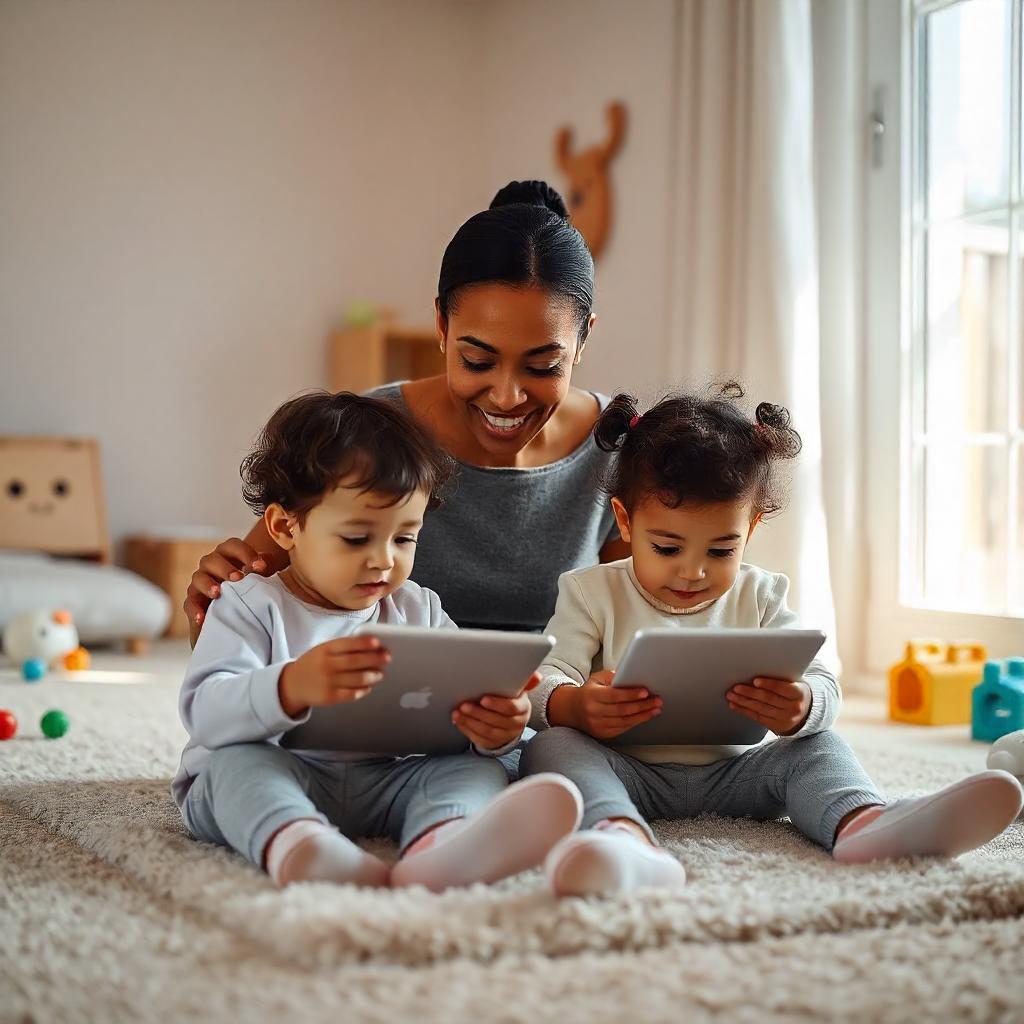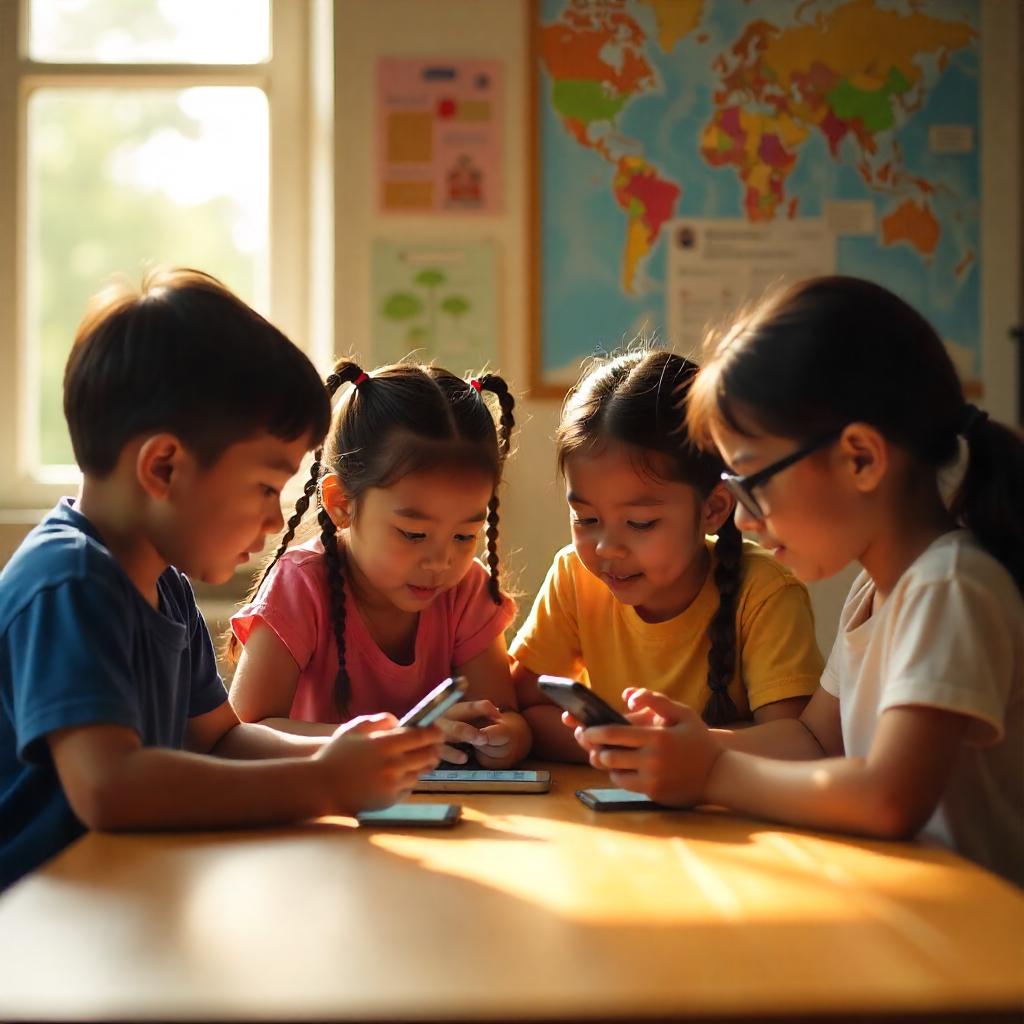
Holi Festival for Kids: Safety Tips Every Parent Should Know
The Holi Festival for Kids is pure magic—imagine your little ones giggling, their cheeks streaked with colors, and the air filled with laughter. But for

Tablets have become a staple in children’s lives—whether for school, entertainment, or learning. Parents and educators alike turn to educational apps with the hope that screen time can be productive, engaging, and beneficial for learning. But the big question remains: Are these apps truly helping kids learn, or are they just another distraction?
With 80% of kids using tablets, it’s more important than ever to separate meaningful digital learning from passive screen time. Let’s break down what educational apps actually offer, their benefits and limitations, and how parents can ensure their children are learning—not just swiping.

The effectiveness of educational apps depends on how they’re used and the content they provide. Not all apps labeled as “educational” truly support learning, and some may be more entertainment than education.

So, are tablets helping kids learn? Yes—but only when used thoughtfully and in moderation.
Instead of banning tablets, the goal should be using them wisely to support child learning outcomes. Here’s how parents can ensure educational apps actually benefit their child
Why it matters: Many so-called “educational apps” focus on entertainment rather than skill-building.
Look for apps developed with educators and child development experts.
Why it matters: Screen time and learning need to be balanced with physical play, reading, and family interaction.

Why it matters: Tablets should enhance learning, not replace real-world experiences.
Why it matters: Not all apps are child-friendly, and passive screen time doesn’t lead to real learning.
Why it matters: Digital learning tools should promote critical thinking, creativity, and deeper engagement.
Remember, balance is key—overuse of screens can impact sleep and attention spans, so it’s important to incorporate offline activities as well.
Feeling Overwhelmed? Let’s Talk! Join Our Parent Forum and Get Expert Advice & Support!
Tablets offer interactive learning experiences, allowing kids to engage with educational content in a fun and personalized way. When used correctly, they can supplement school learning and encourage curiosity.
Excessive screen time can reduce focus, hinder social skills, and lead to dependency on digital learning tools. Some apps may also lack real educational value, making kids feel like they’re learning when they’re not.
Parents should choose high-quality apps, set time limits, and balance screen time with hands-on learning activities. Monitoring usage and engaging in the learning process with kids also helps.
Yes! Apps developed with educational research in mind, such as Play pixo, Play moxie and Play zeta have been shown to support cognitive and language development.
When used correctly, educational apps can enhance learning. However, passive screen time (watching videos or playing non-educational games) can negatively impact focus and engagement.
Tablets and educational apps aren’t a bad thing—but they’re not a magic fix for learning either. The key is balance: ensuring screen time supports real education, rather than just acting as digital entertainment.
By choosing the right apps, setting boundaries, and staying engaged in your child’s learning, parents can make tablets a powerful tool for education—without replacing real-world experiences.